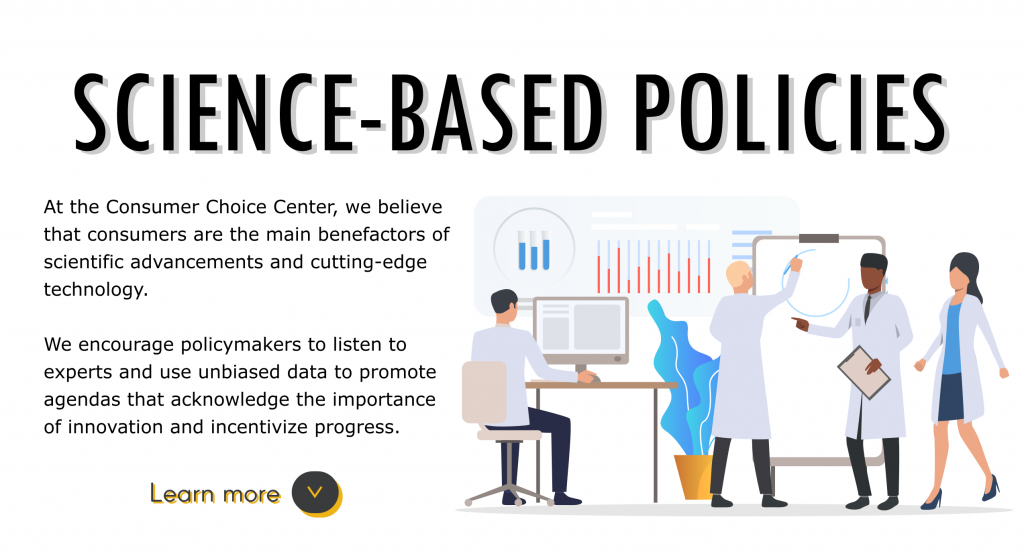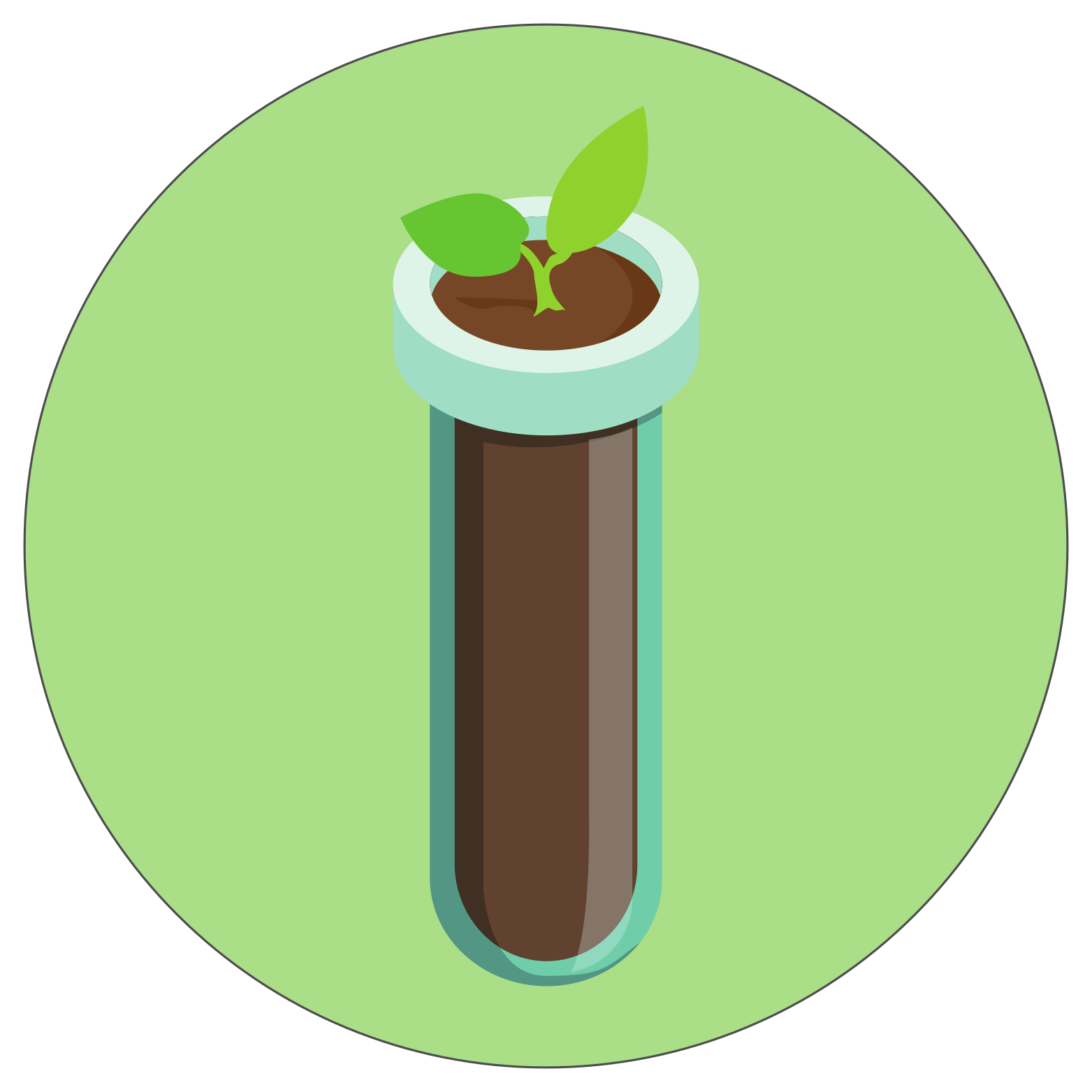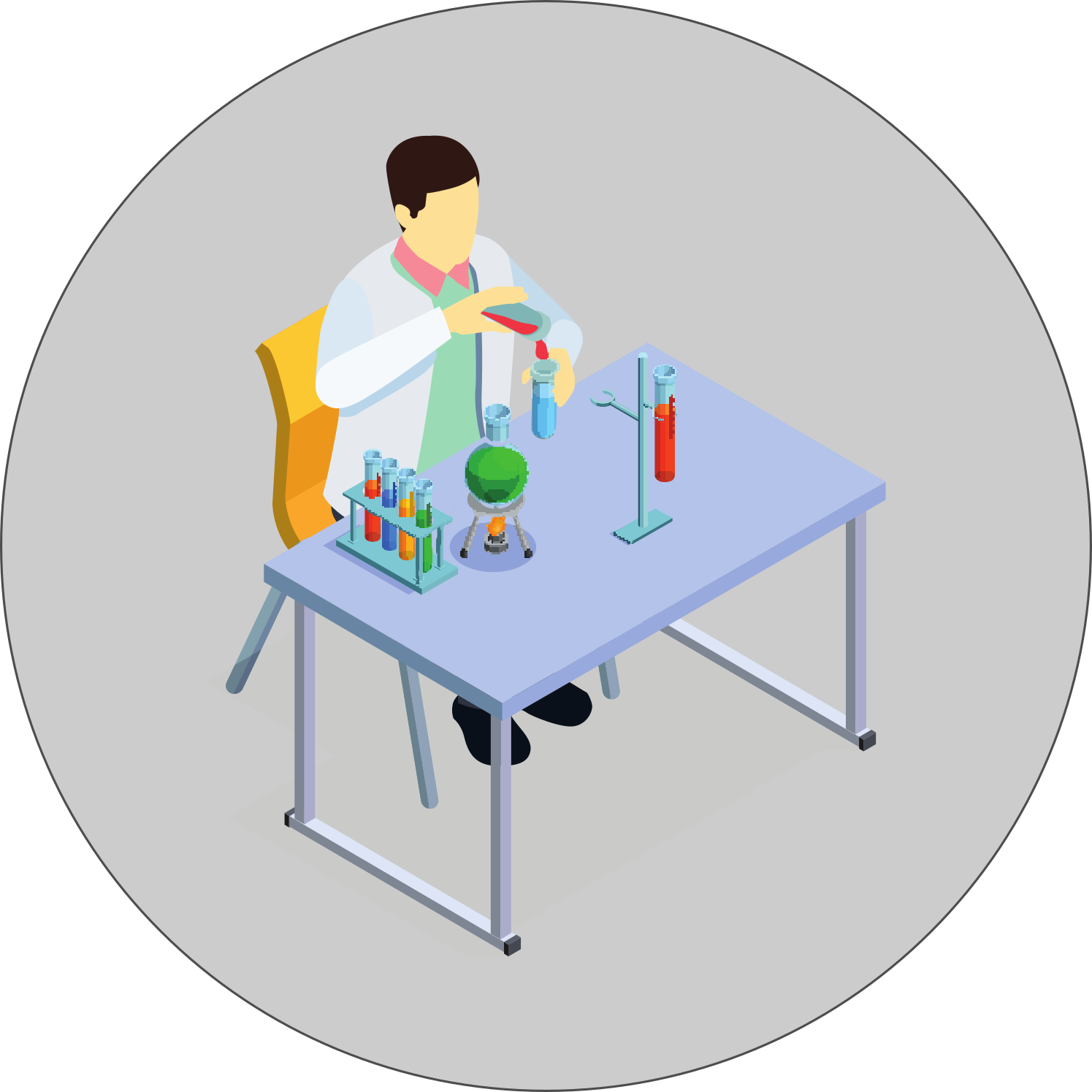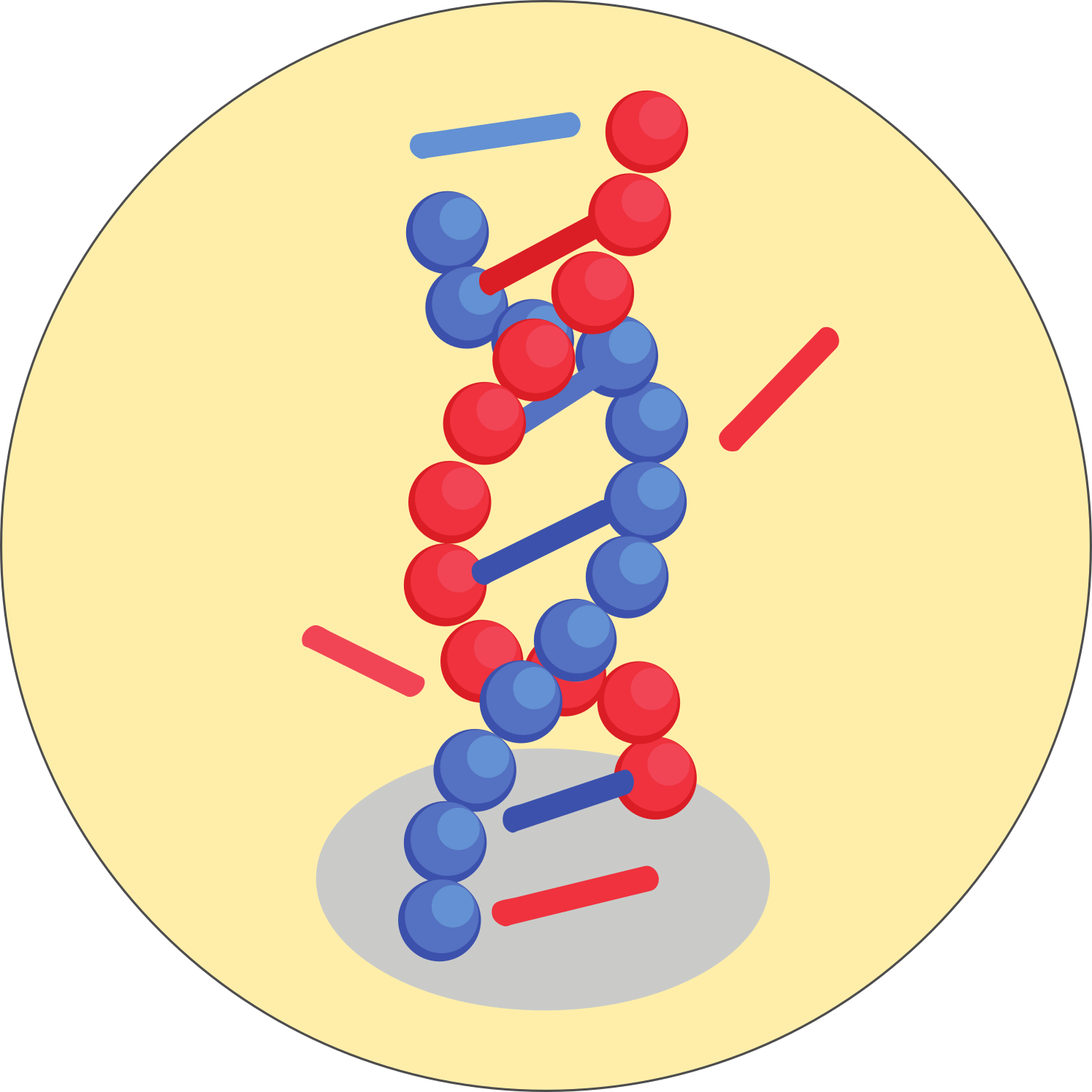
All around the world governments have been diminishing consumer choice by approving laws and regulations that are not based on science. In fact, there’s an effective and well-funded machine of environmental lobbies and activists pushing bad science to political ends.
For consumers, the debate over whether evidence-based policymaking should be the guiding mantra for politicians shouldn’t even exist because the answer is obvious: politicians should uphold the integrity of scientific research, listening more to field experts, doctors and scientists and less to activists and political groups especially the ones funded by public money.
In the end, the Consumer Choice Center believes that consumers are the main benefactors of scientific advancements and cutting-edge technology and only science-based public policy will bring the progress that all consumers deserve.
We encourage policymakers to listen to experts and use unbiased data to promote agendas that acknowledge the importance of innovation and incentivize progress.

Crop protection: also known as “pesticides” or “herbicides”, describes the methods used in farming in order to fight disease, pest, and weed. Crop protection is essential for agriculture, as inadequate equipment can lead crop loss. Crop protection tools are tested for their safety by government food safety agencies, as well as by industry and independent research.

Genetic engineering: also known as “genetically modified organisms” describes crops (even though it should describe the process, not the end product) which have been created through genetic manipulation, with a process called transgenesis. This means that synthetic or modified DNA has been introduced into an organism’s genetic code, ultimately improving certain features of the end product. For centuries, farmers have genetically engineered crops through breeding. Today, we can replicate the same process in a laboratory, with more precision and testing.

Gene-editing: also known as “New Breeding Technologies (NBT)” is a newer form of genetic engineering, in which modern technologies (such as CRISPR-Cas9) are used to edit existing DNA by removing, silencing, or inserting genes from within species (as opposed to transgenesis i.e. across species). Gene-editing has the potential to make enormous advances for human health and agriculture, through a faster mechanism of editing out undesired genomes.
✅ MEAT FACTS: if ALL of Germany went vegan, the impact on CO2-emissions wouldn't even be measurable! As consumers face restrictions or taxes on meat, it is important to keep the facts straight. The environmental impact of meat consumption is much lower than initially believed.
— Consumer Choice Center (@ConsumerChoiceC) July 21, 2020
LIVE | Is Farm to Fork the Agriculture Revolution we Need? | MEP Norbert Lins, MEP Mazaly Aguilar and Marcel Kuntz https://t.co/QQq92ssC31
— Consumer Choice Center (@ConsumerChoiceC) July 7, 2020
📣 ATTENTION ENVIRONMENTALISTS: MODERN FARMING IS GOOD!
— Consumer Choice Center (@ConsumerChoiceC) May 19, 2020
Don't believe in the mainstream media. Mechanisation, agricultural intensification, synthetic fertilisers, and even drones are now part of modern farming. This allows us to feed billions of people daily!
The Greenpeace is a self-proclaimed "organization that uses creative communication to expose environmental problems". However, their marketing creativity has gone too far, to the point of denying scientific facts, misleading consumers and putting rural communities at risk.
— Consumer Choice Center (@ConsumerChoiceC) February 25, 2020
Listening to @BeatSpath from @EuropaBio making an excellent case for genetic modification and science-led policies as such at the @ECIPE's event on free trade.
— Consumer Choice Center (@ConsumerChoiceC) January 22, 2020
Learn more about our work in this field: https://t.co/FeRKrvq83t pic.twitter.com/2ogpnJ72mc
The CCC's @wirtzbill is at the Global Forum for Food and Agricultural (#GFFA) in #Berlin today. Let's endorse agro-tech innovations like gene-editing, as opposed to regressive farming methods.#GFFA2020 #gene #GMO #farming pic.twitter.com/QJfs5U8JAI
— Consumer Choice Center (@ConsumerChoiceC) January 17, 2020